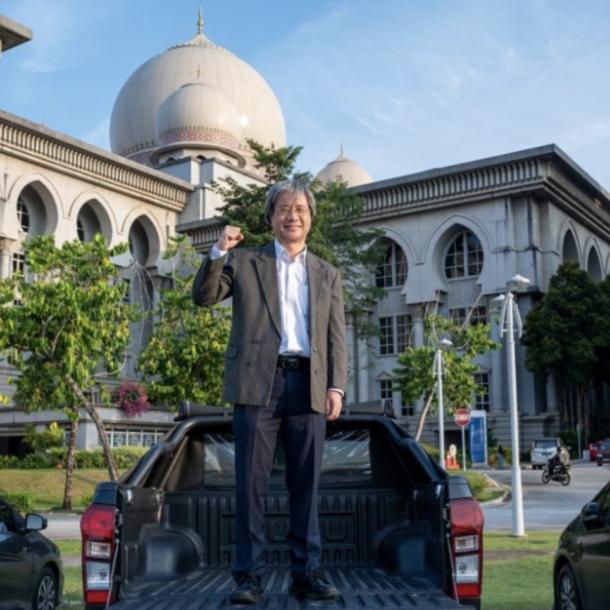PRIME Minister Muhyiddin Yassin’s lack of engagement with the media shows that the Perikatan Nasional government is not transparent, said practitioners.
They told The Malaysian Insight the lack of communication and urgency from the government on public interest issues have not helped the media to get information out to the people.
Center for Independent Journalism (CIJ) executive director Wathshlah Naidu said with the limited number of press conferences, it is difficult for journalists to raise questions that require an immediate response from the prime minister.
“This (lack of press conferences) raises a lot of questions. There is no openness and transparency on the information that is disseminated (by the government),” Wathshlah told The Malaysian Insight.
She said the government was only using the media as a tool for them to convey their information and limiting access for press conferences to certain media.
“Press conferences should be an avenue for questions to be raised and (for) getting answers. But what is happening now is the opposite.”
Since becoming prime minister on March 1 last year, Muhyiddin has held three press conferences with selected media representatives, one interview with a local media company but none with the international media.
He has instead chosen to deliver his messages via television broadcasts. There have been about 40 such broadcasts in the past one year.
Each broadcast usually touched on issues related to Covid-19 or on the declaration of emergency. There have been no press conferences with question-and-answer sessions.
Even the cabinet ministers’ press conferences are generally not open to all media, on the grounds that standard operating procedure (SOP) to curb the spread of Covid-19 needed to be adhered to.
“The one-way communication is not only done by the prime minister but also other ministers,” Wathshlah said.
“They are just spreading their own narrative, forming the tone and agenda of how a policy needs to be seen.
“This, in turn, prevents the media from having the opportunity to ask questions that require further clarification or to challenge their information openly,” she added.

‘State of fear’
Wathshlah said the government’s actions have caused the media to be in a state of fear.
“This is a strategic move, they (the government) cannot be challenged and questioned,” she said.
Meanwhile, Gerakan Media Merdeka (Geramm), a local media advocacy group, said it was inappropriate to use the Covid-19 pandemic as an excuse to not face journalists.
“We understand, in this pandemic, there are some constraints for the media to do their job, but journalists, photographers and media workers continue to do the work as usual.
“However, there is a trend by top leaders and ministers to only invite ‘official media’ or certain media entities when they hold a press conference,” said Geramm coordinator Radzi Razak.
He said this has affected the public as they are not getting immediate answers on current issues, especially on matters related to the transmission and management of Covid-19 infections.
“Although there are announcements and messages disseminated on TV networks, it is a pity that certain media have no access to ask questions.
“This is especially so at this time when the people need clear answers and information on current situations.
“Compared to the previous government (Pakatan Harapan) the situation now is very different.”
Radzi added that when former prime minister Dr Mahathir Mohamad was at the helm, the Langkawi MP was very open and always accepted questions from the media. – February 26, 2021.
Source: The Malaysian Insight
